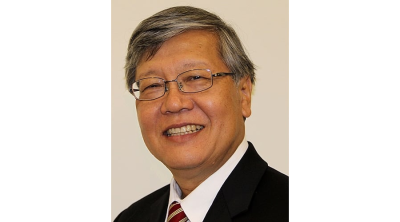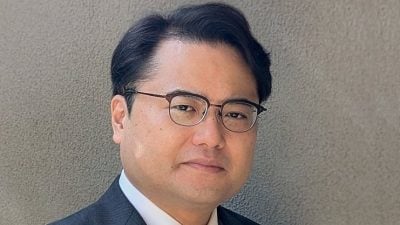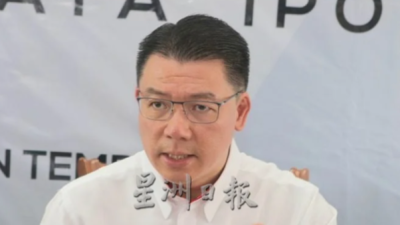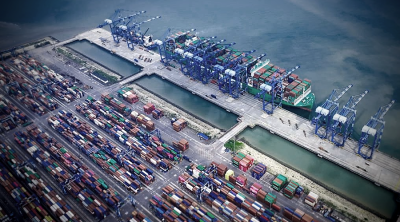By Shaun TANDON
WASHINGTON, Oct 12 (AFP) — As tensions flare over Taiwan, China and the United States are both trying to lay down firm markers. A crucial question is whether the nuclear-armed powers know what level of pressure is just right.
Among the slew of disputes between the world’s two largest economies, Taiwan is often seen as the only one that could bring hot conflict as Beijing considers the self-ruling US-aligned democracy a province awaiting reunification.
This month, a record number of Chinese airplanes have entered the air defense zone of Taiwan, whose defense minister warned that Beijing would be able to launch a full-scale invasion in 2025.
US allies have meanwhile stepped up, with Japan resolutely backing Taiwan, including its bid to join a regional trade pact, and Australia entering the new three-way AUKUS partnership with the United States and Britain widely viewed as a response to a rising China.
Oriana Skylar Mastro, a fellow at Stanford University and the American Enterprise Institute, said that Beijing’s flights were less about preparing a near-term invasion than simply sending a message.
“This is to tell Taiwan that no one can help them,” she said. “Moves like AUKUS or Japan’s statements on Taiwan — none of this is going to change their strategic calculus.”
The United States switched recognition in 1979 to Beijing but is required by Congress to provide weapons for Taiwan’s self-defense. The arrangement has largely preserved the peace even if it annoys Beijing.
The risk of miscalculation was recently laid bare by the top US general, Mark Milley, who testified that he called his Chinese counterpart to make clear that former president Donald Trump did not intend to attack during his turbulent final months in office.
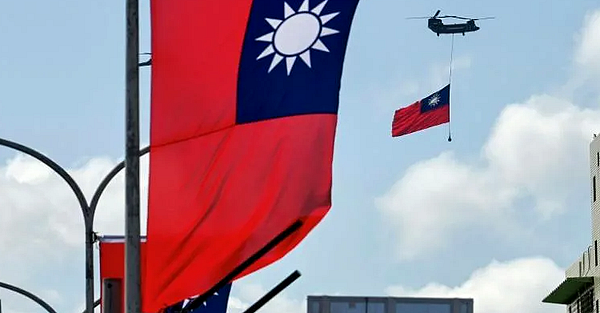
Which risks to take?
President Joe Biden’s national security advisor, Jake Sullivan, discussed Taiwan during a lengthy meeting last week in Zurich with top Chinese diplomat Yang Jiechi.
Asked afterwards in a BBC interview if the United States was prepared to take military action to defend Taiwan, Sullivan said: “Let me just say this — we are going to take action now to try to prevent that day from ever coming to pass.”
Among such steps, a Pentagon official confirmed to AFP that US special operations forces have been training Taiwanese troops.
But the Biden administration has so far held off on one proposal on the table — allowing Taipei’s de facto embassy to call itself the Taiwan Representative Office, moving away from decades of delicate diplomatic speak.
Mastro argued that such action would have little effect or even backfire as many in Beijing are convinced, despite Washington’s denials, that the United States supports Taiwan’s outright independence.
“I think it’s worth taking risks for arms sales, for example. That helps Taiwan hold out a bit longer,” she said.
“Things like name changes are designed to show that the United States is willing to fight — but in the end it just increases China’s resolve.”
Kuo Yujen, a political analyst at Taiwan’s National Sun Yat-sen University, said US efforts starting with Trump have aimed to show Beijing that its growing assertiveness will be “counterproductive to China’s purpose and the stability of the Taiwan Strait.”
Calibrating message
Chinese President Xi Jinping has fanned nationalism in the face of what many in Beijing see as US decline.
But some experts see Xi also calibrating his message on Taiwan.
In a speech Saturday for the 110th anniversary of the revolution that led to the founding of the Republic of China — still Taiwan’s formal name — Xi said that “national reunification by peaceful means best serves the interests of the nation as a whole, including our brethren in Taiwan.”
Craig Singleton, a fellow at the Foundation for Defense of Democracies, which generally advocates hawkish policies, said Xi was “unusually practical and measured” and that Washington should take notice.
“It makes little sense to continue feeding Taiwan’s desire for large, expensive weapons systems which would almost certainly be destroyed by the Chinese military within the first few hours of a conflict,” he said.
Instead, the United States needs to brace for rising Chinese intimidation of Taiwan and prepare to “compete in a prolonged gray-zone war campaign,” he said.
Michael Swaine, a China scholar at the dovish Quincy Institute for Responsible Statecraft, wrote in a recent essay that Beijing has been responding “to political, not military, developments” on Taiwan — meaning that Washington and Beijing need to step up dialogue on striking a balance between “deterrence and political reassurance.”
“Both sides need to recognize that they are both contributing to the slow-motion train wreck we are witnessing.”
ADVERTISEMENT
ADVERTISEMENT






